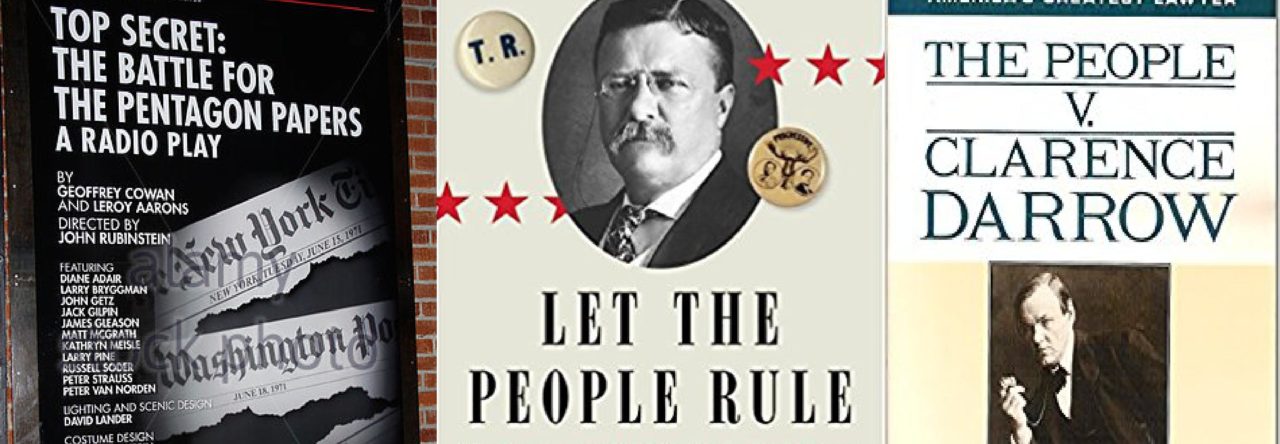With the 2020 Democratic and Republican National Conventions fast approaching, Becky Little interviewed Geoffrey Cowan to explain the origins of political conventions and how they have changed over time. Originally, conventions functioned as the main way of selecting a candidate for president.
“The effect of primaries was not that they would elect enough delegates to make the decision,” says Geoffrey Cowan, a professor of communication and journalism at USC Annenberg School and author of Let the People Rule: Theodore Roosevelt and the Birth of the Presidential Primary.
“Instead of that, they were testing grounds for people’s popularity,” he continues. Primaries played a significant role in selecting John F. Kennedy as the 1960 Democratic presidential nominee. “It was thought that a Catholic couldn’t win the presidency, and when he won the state of West Virginia…it showed that he could win.”
Little describes how “Cowan, then a law student who’d worked for McCarthy’s campaign, organized the Commission on the Democratic Selection of Presidential Nominees to consider whether the party needed to change its rules. This led the Democratic Party to adopt new rules giving more power to primary elections in selecting a presidential nominee. The Republican Party followed suit by rewriting its rules in a similar way. Cowan, then a law student who’d worked for McCarthy’s campaign, organized the Commission on the Democratic Selection of Presidential Nominees to consider whether the party needed to change its rules. This led the Democratic Party to adopt new rules giving more power to primary elections in selecting a presidential nominee. The Republican Party followed suit by rewriting its rules in a similar way.”


